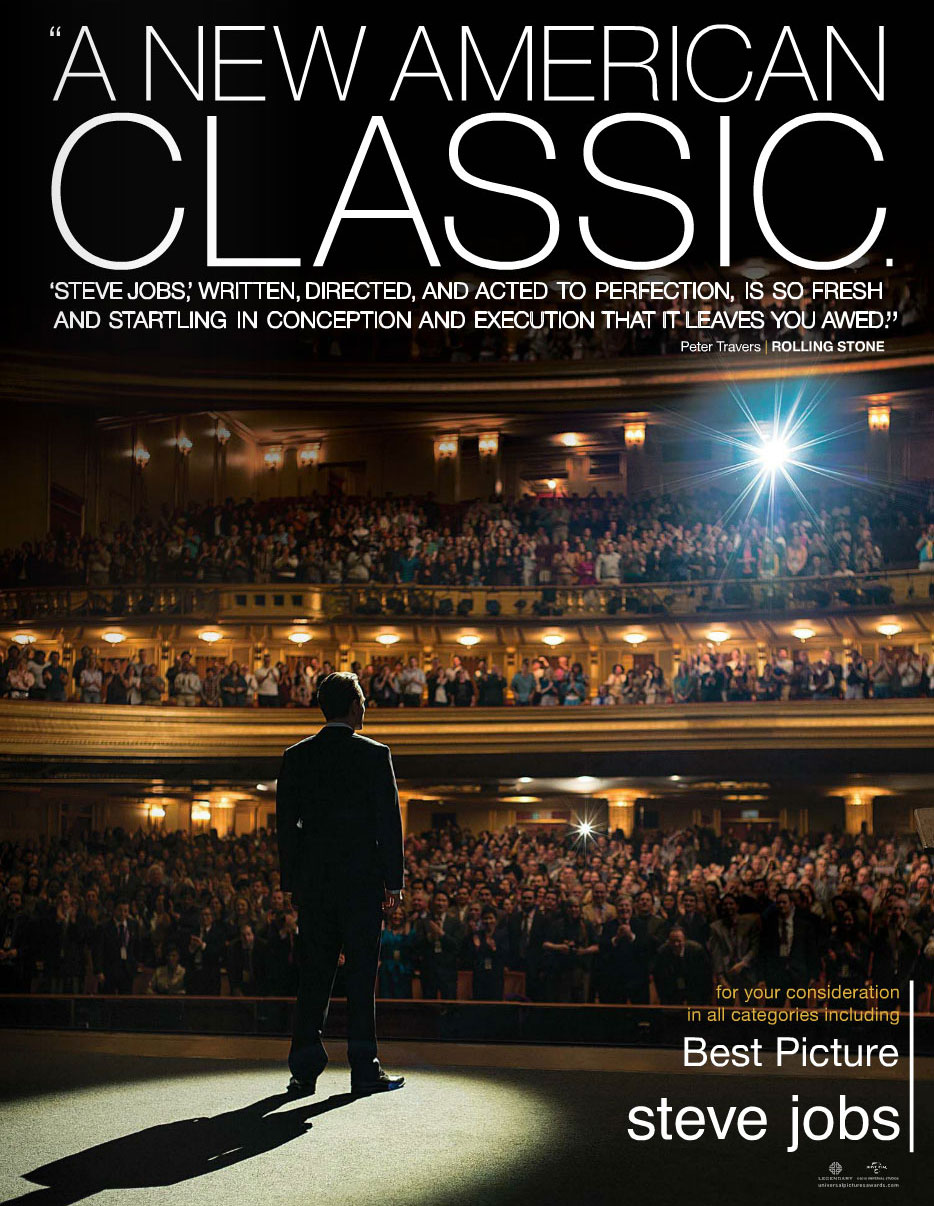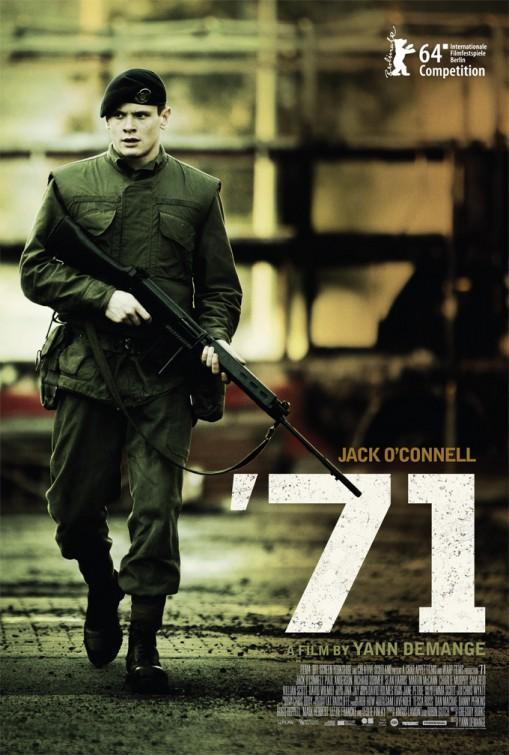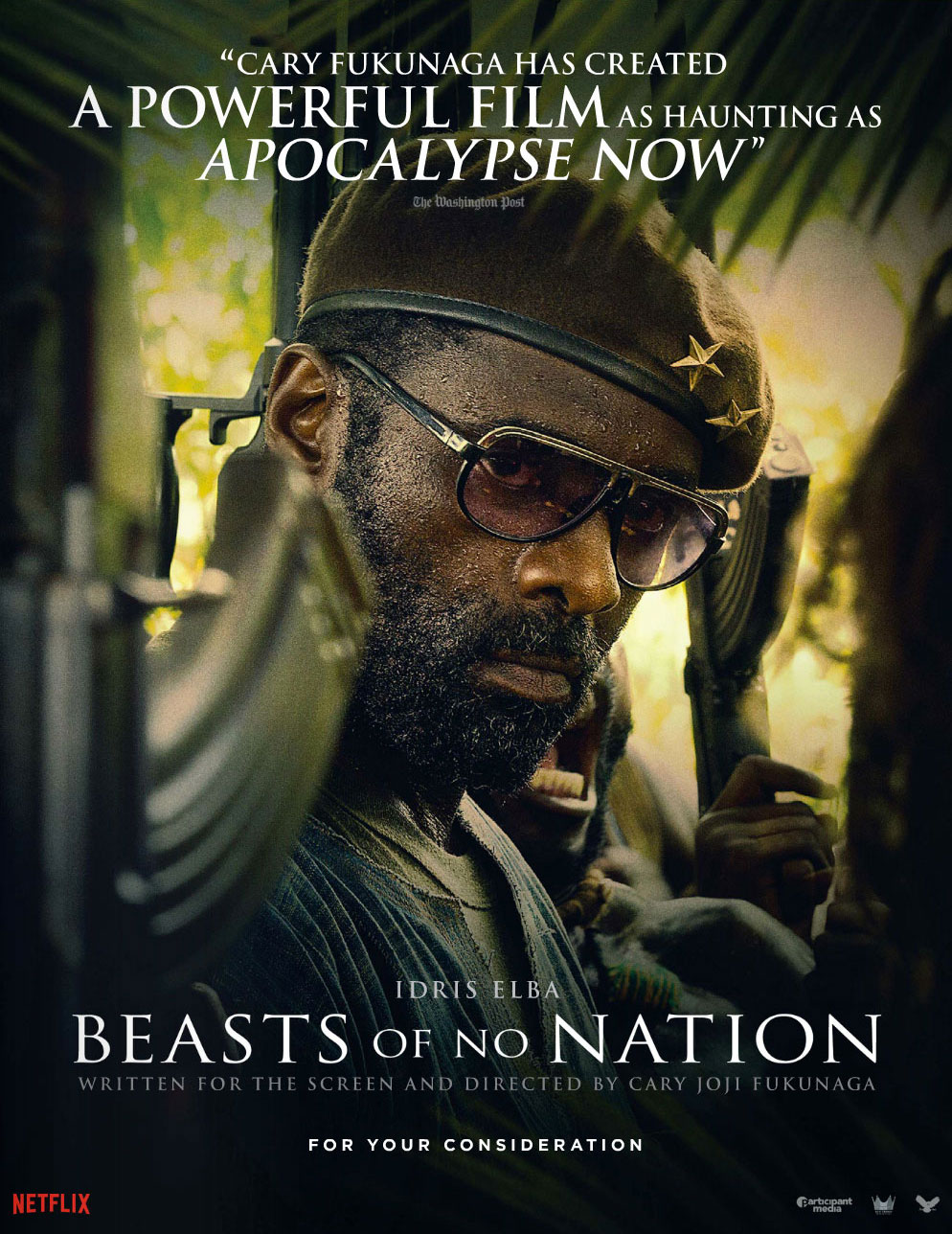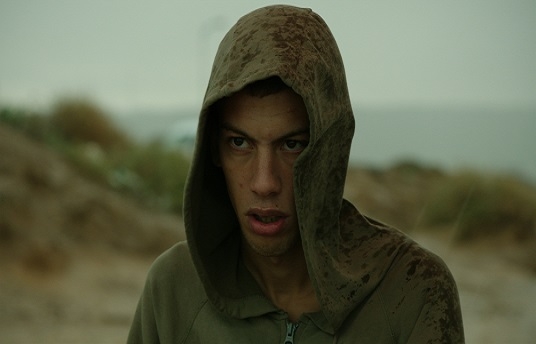
"I'm begging you to manage expectations out there." So implores Joanna Hoffman of Steve Jobs during during one of the early scenes of Danny Boyle's latest feature "Steve Jobs". Played with gesticulating verve by the incomparable Kate Winslet, it's a line reading that caught my attention from the very first trailer. And as I finally sat down in the theater this week for this highly anticipated film, I couldn't help thinking the statement could have been a slogan for the film itself.
The scene comes from the first act of the film, a biopic about the man who became synonymous with some of the greatest technological revolutions of our time. The first of three distinct acts, it depicts the first of several crisis situations to follow - the launch of the Apple Macintosh in 1984. In an effort to humanize the relatively novel concept of the personal computer, Jobs has promised the excited audience a machine that will say "hello". But on the day of the launch, the system won't cooperate. Refusing to manage expectations as advised and scrap the unnecessary greeting, Jobs puts himself and his team under considerable pressure. And his situation is only exacerbated by the untimely arrival of a demanding ex-girlfriend and the daughter he disowns.
Jobs' family problems and professional failures continue in the second act, which chronicles the doomed launch of the ambitious but misguided NeXT Computer after his dismissal from Apple (the Macintosh bombed). But of course, we all know that this insensitive but determined genius eventually comes out on top in the final chapter. And through it all, we're given an engrossing portrait of the man behind the icon.
One of the main things that we learn about Steve Jobs is that he was a man who was both burdened and boosted by his own expectations and that of those surrounding him. And indeed, it's the story of the Steve Jobs the film too. From Amy Pascal's infamous warnings, to the feverish praise surrounding its Telluride premiere, to its perceived box office failure, much of the discussion surrounding the film was related to expectations both good and bad. Naturally, my own expectations affected my own experience with the film as well. It would have been wise for me to heed the sage advice of Joanna Hoffman however, as the film didn't turn out to be the masterpiece I'd expected.
It would have required an inhuman level of objectivity to not expect excellence of course, considering the level of talent involved. Screenwriter Aaron Sorkin only wrote two of the most brilliant screenplays this side of the 21st century after all. Not to mention the presence of personal faves Danny Boyle, Michael Fassbender and Kate Winslet too. Indeed, I'm not ashamed to admit that I almost shed tears of joy when I realized that the film would actually play in my local theater (I'd assumed it would be too "artsy" for our Jamaican multiplexes).
Thankfully, I did get to see the film on the big screen and it mostly delivers the excellence I was hoping for. Certainly on a script level, Sorkin is in top form with yet another profile of an egotistical genius we love to hate. The film acts as a sort of spiritual sequel to "The Social Network" bearing all the eloquent verbiage and sharp zingers that made the former so special. And similarly, the ensemble is completely up to the challenge.
Indeed, Michael Fassbender is absolutely captivating - albeit slightly one-dimensional - in a role that will surely land him in the
Best Actor conversation this season. Likewise, Jeff Daniels and Seth Rogen do strong work as Steve Wozniak and John Sculley respectively. In fact, the latter emerged as my unexpected MVP of all the actors. And despite his reputation for male-centric writing, Sorkin even gives Kate Winslet a meaty role to play as Job's marketing executive and loyal confidant. She gets some of the best lines, conveying such wisdom and strength. The film undoubtedly portrays a man's world, but she proves to be an invaluable asset.
If there's one thing that prevents from giving the film a wholehearted rave, it's Danny Boyle's direction. Unfortunately, I didn't feel enough of his imprint on the film, particularly in the first two acts. And it's a shame too, since his directing style seemed well suited to the rhythmic quality of Sorkin's wall-to-wall dialogue. Boyle's previous work is nothing if not vibrantly directed. Still, all the important elements are there. The film is well-paced, well-shot and features a particularly outstanding score from Daniel Pemberton, which mixes classical and contemporary pieces to stimulating effect.
Ultimately, the film once again came down to a matter of expectations. Considering the impersonal direction of the opening acts, I didn't anticipate the satisfaction that came with the film's conclusion. Many critics have derided its sentimentality, but it gave me the Danny Boyle humanism that I felt was lacking all along. Indeed, in terms of expectations, I didn't expect to leave the theater with such a big smile on my face.






















































